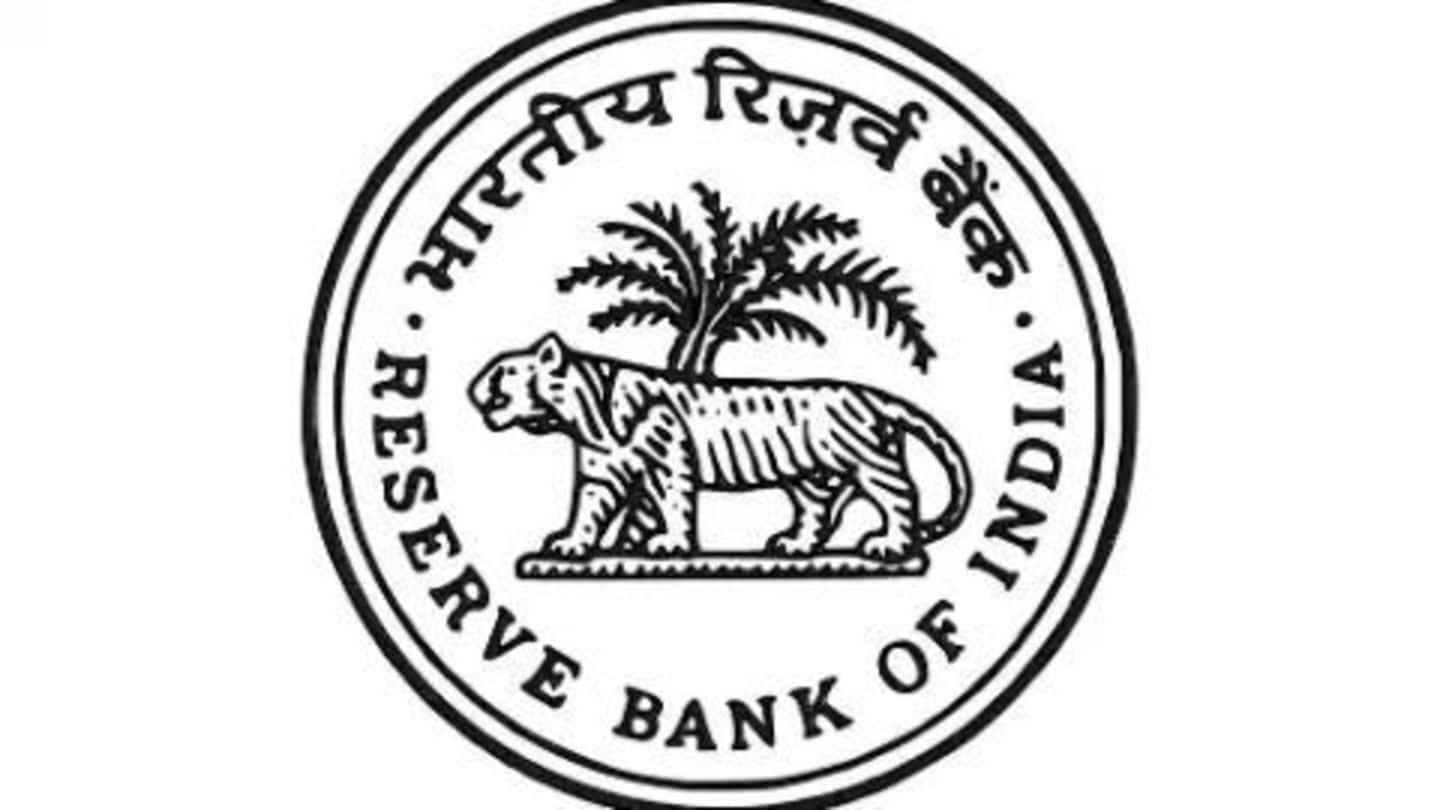
RBI releases guidelines for 'on-tap' bank licenses
What's the story
The Reserve Bank of India released guidelines for granting 'on-tap' bank licenses to individuals, groups, companies or entities. While the guidelines give an opportunity to the large Non-Banking Financial Companies and professionals with a minimum of 10 years experience, it bars those entities for whom over 40% of business comes from non-financial activities. The RBI has invited suggestions on the guidelines till 30th June.
About
RBI: A profile
The Reserve Bank of India (RBI) is the central bank of the country that was established in 1935 by the RBI Act. Headquartered in Mumbai, RBI is wholly owned by the Government of India. RBI not only issues currency but also regulates the banking system of the country. Banks require a license to operate in India and the licenses are granted by RBI.
What
What is an on-tap license?
On-tap licensing means that the window for getting a bank license from RBI is open throughout the year. Earlier, RBI used to invite applications for giving bank licenses, and prospective players submitted their applications within a fixed time-frame as prescribed by RBI. This arrangement was not open all the time. Now, virtually anyone, who fulfills the criteria, can apply for a bank license anytime.
Personal
Continuation of efforts for granting bank licenses
Last year, RBI granted approval to 20 small and payment banks and 2 (IDFC and Bandhan) full-fledged banks. However, these were not 'on-tap' licenses but based on an application window set by RBI.
Criteria
Criteria for obtaining a bank license
A corporate entity can only apply for a bank license, if it has a minimum asset size of Rs.5,000 crores and 60% of its income comes from financial services. Moreover, corporates will have to float a separate Non-Operating Financial Holding Company (NOFHC), which has to be registered with RBI. The minimum capital required for starting a bank has been fixed at Rs.500 crores.
Conditions
Conditions stipulated for new banks
Apart from maintaining a minimum net worth of Rs.500 crores all the time, new banks will have to open at least 25% of branches in unbanked areas. New banks will have to get listed on the stock exchange within 6 years of starting their operations. Further, the promoter will have to hold 40% of the shares for at least 5 years.
Personal
How will on-tap license help?
According to experts, the decision of RBI to grant on-tap license reflects maturity and would help in furthering financial inclusion by enhancing banking penetration in unbanked areas.